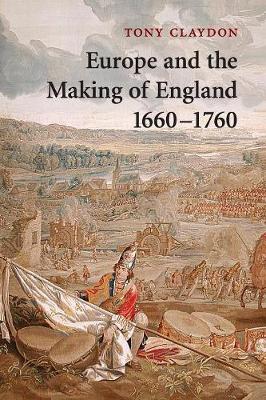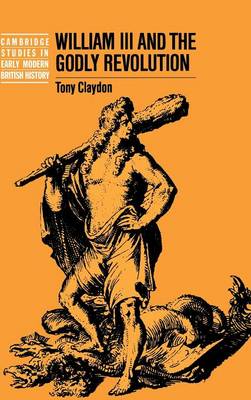Cambridge Studies in Early Modern British History
2 total works
Wide-ranging and original re-interpretation of English history and national identity during the vital century (1660-1760) in which the country emerged as the leading world power and developed its peculiarly free political culture. Disputing the insular and xenophobic image of the English in the period, and denying that this was an age of secularisation, Tony Claydon demonstrates instead the country's active participation in a 'protestant international' and its deep attachment to a European 'Christendom'. He shows how these outward-looking identities shaped key developments by generating a profound sense of duty to God's foreign faithful. The English built a world-beating state by intervening abroad to defend Christendom and the reformation, and their politics were forged as they debated different understandings of these international entities. England may have diverged from continental norms in this period but this book shows that it did so because of its intense religious engagement with that continent.
This is the first extensive account of royal propaganda in England between 1689 and 1702. It demonstrates that the regime of William III did not rely upon legal or constitutional rhetoric as it attempted to legitimate itself after the Glorious Revolution, but rather used a protestant, providential and biblically-based language of 'courtly reformation'. This language presented the king as a divinely-protected godly magistrate who could both defend the true church against its popish enemies, and restore the original piety and virtue of the elect English nation. Concentrating upon a range of hitherto understudied sources - especially sermons and public prayers - the book demonstrates the vigour with which these ideas were broadcast by an imaginative group of propagandists enabling the king to cope with central political difficulties - the need to attract support for wars with France and the need to work with Parliament.

